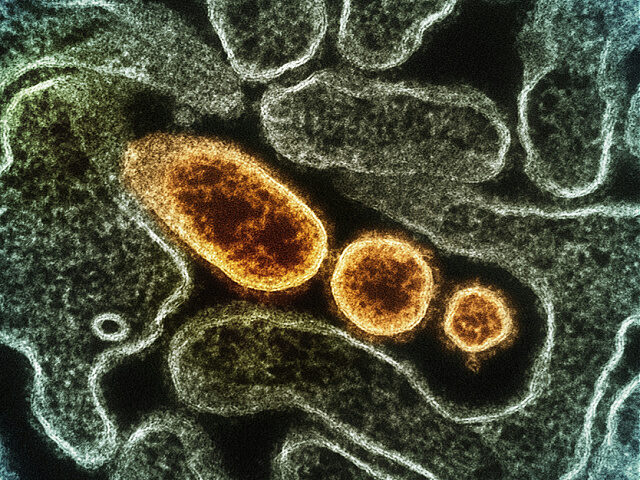The Indian state of Kerala issued a health alert on Monday after a 14-year-old boy died of the Nipah virus. Over a hundred other residents in the area have been identified as high-risk potential patients.
Nipah is a potentially dangerous and even lethal virus, so far found mostly in Asia. It is classified by the World Health Organization (W.H.O.) as a “zoonotic” virus, meaning it is mostly transmitted to humans from animals — in this case, pigs and fruit bats.
Nipah has, however, been known to spread by eating contaminated food and even through human-to-human contact among family members and caregivers. One of the known infection methods is for humans to eat fruit contaminated by saliva from infected bats. Human-to-human spread comes through contact with excretions from infected patients.
Nipah was first identified after an outbreak in Malaysia in 1999 and there have been a few outbreaks in Bangladesh and India since then. The virus usually causes symptoms resembling a serious cold or flu, but it can progress to pneumonia, severe respiratory distress, and acute encephalitis.
The last outbreak in Kerala in 2018 killed 17 people. Kerala is considered a high-risk area for Nipah because it is a tropical state with a rapidly expanding urban population, so it has a large number of potentially infected fruit bats that have been losing their natural habitats.
According to Indian media, the boy who died on Sunday lost his life only one day after he was diagnosed with Nipah. Residents of his hometown of Pandikkad have been advised to wear masks and avoid visiting hospital patients.
Kerala health officials on Monday were awaiting serum test results for 13 people on the boy’s contact list. Six of those people have displayed symptoms of Nipah. The boy’s parents are not displaying symptoms but were tested as a precaution.
The original list of high-risk potential contacts had about 60 names on it, but by Monday, the contact list was up to 350 people, with 101 classified as high risk. Many of these contacts were reportedly people who rode on a bus with the infected boy.
Kerala health minister Veena George said the boy is believed to have contracted Nipah by eating a hog plum that was infested by bats, but further investigations are underway. A team of infectious disease experts from the National Virology Institute was expected to arrive in the area late on Monday, and a team of scientists from the Indian Council of Medical Research (ICMR) is already on site.
“We are trying to find the presence of Nipah virus in fruits with the help of the ICMR team,” the health minister said.

COMMENTS
Please let us know if you're having issues with commenting.